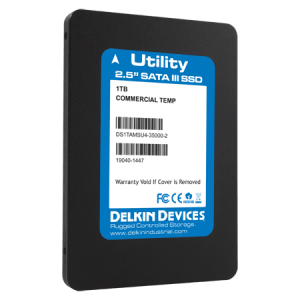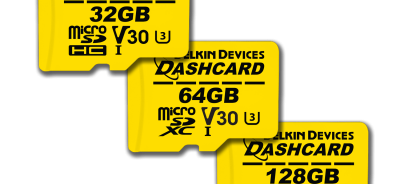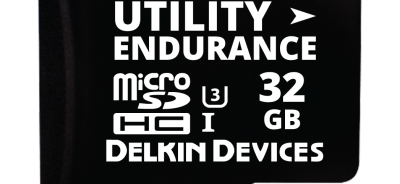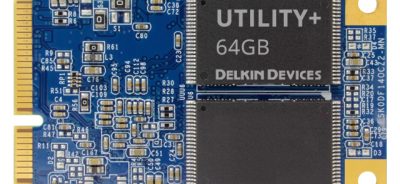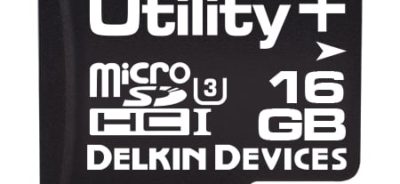SSD Utility Cards
For designers of industrial applications, there are a few factors that are critical when it comes to storage. One is finding a storage device that is reliable and won’t put critical data at risk. Another factor is ensuring that the storage system will not lose any reliability or functionality when faced with challenging operating conditions, such as environments with a significant amount of shock and vibration or in which temperature extremes are possible. In addition, industrial applications require rapid read and write operations. Are SSD utility cards the answer? These are, in fact, two distinct products, and both can meet industrial demands. Continue reading to learn more about SSDs and utility cards.
SSD Basics
SSD stands for solid state drive. These drives use electronic charges to read and write data. SSDs are often used in place of hard disk drives, or HDDs, because they are considered to be more reliable. HDDs store data to a magnetic, spinning disk, which is prone to mechanical failures libido-de.com. Because SSDs don’t have any moving parts, they don’t fail as often as HDDs.
SSDs are available in a variety of different capacities and with different grades of flash memory. Most industrial users choose an SSD that has SLC flash memory. However, in some cases, the capacity restrictions of SLC flash lead designers to choose MLC flash instead.
Utility Cards
Utility cards are storage cards that typically feature MLC flash memory. MLC stands for multi-level cell, and describes flash memory that stores two bits of data on each cell. This additional storage per cell allows MLC flash devices to offer larger capacities than those with SLC flash.
MLC flash is considered to be less reliable than SLC flash, but utility grade cards feature some upgrades that make them appropriate for use in industrial applications. Utility cards feature the same extended temperature ranges, locked BOMs, and shock and vibration tolerances that you would expect to find in industrial cards. As a result, they can be used in industrial applications that also need large capacities.
SSDs versus Utility Cards
SSDs and utility cards can perform the same function in devices. In addition, utility grade SSDs are available. Designers have to consider the functionality, footprint of the device, need for speed, storage capacity, and much more when choosing between an SSD and utility cards.
Let Delkin make the process of choosing storage easier. Contact our team today for more information about SSDs, utility cards, and other storage options.
ORDER DELKIN INDUSTRIAL FLASH STORAGE TODAY through our distribution partner Newark.
 Login
Login Register
Register


